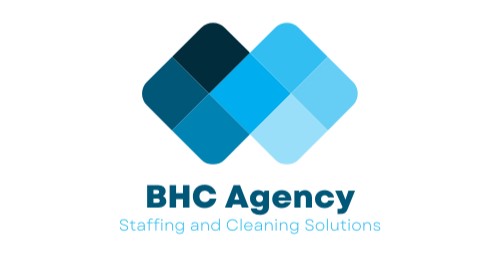In today’s dynamic job market, employers are often faced with the challenge of finding candidates who possess the perfect blend of soft skills and hard skills.
While hard skills are tangible and measurable abilities that are specific to a particular job, soft skills are more intangible qualities related to how an individual interacts with others and approaches their work.
Finding the right balance between these two skill sets is crucial for building a successful and cohesive team.
Understanding Soft Skills and Hard Skills:
Hard skills are typically acquired through education, training, and hands-on experience. Examples include proficiency in programming languages, technical expertise in a particular software, or knowledge of specific industry regulations. These skills are essential for performing tasks and responsibilities associated with a job effectively.
On the other hand, soft skills are often referred to as “people skills” or “interpersonal skills.” They include qualities such as communication, teamwork, problem-solving, adaptability, and leadership. Soft skills are not easily quantifiable but are essential for fostering a positive work environment, building relationships with colleagues and clients, and driving innovation and creativity within a team.
Assessing and Prioritising Skills Based on Job Requirements:
When it comes to the hiring process, it’s essential to assess both soft and hard skills to ensure that candidates are well-rounded and capable of thriving in the role. Here are some strategies for evaluating and prioritising these skills:
Job Analysis
Begin by conducting a thorough analysis of the job requirements. Identify the key hard skills necessary for success in the role, such as specific technical expertise or certifications.
Additionally, consider the soft skills that are critical for the position, such as communication skills for client-facing roles or problem-solving abilities for fast-paced environments.
Behavioural Interviews
Use behavioural interview techniques to assess candidates’ soft skills. Ask open-ended questions that prompt candidates to provide examples of how they have demonstrated qualities like teamwork, leadership, or adaptability in previous roles or situations. Pay attention to their communication style, body language, and ability to articulate their experiences effectively.
Skills Assessments
Implement skills assessments or practical tests to evaluate candidates’ hard skills. Depending on the nature of the role, this could involve coding challenges, case studies, or technical exercises designed to measure candidates’ proficiency in specific areas. These assessments can provide valuable insights into candidates’ abilities and help ensure they possess the necessary hard skills for the job.
Cultural Fit
Consider the cultural fit of candidates within your organisation. Soft skills play a significant role in determining whether a candidate will thrive within your company’s culture and work environment. Look for candidates who share your company’s values, demonstrate a positive attitude, and are adaptable to change.
Continuous Learning
Recognize that both soft skills and hard skills can be developed and refined over time. Provide opportunities for ongoing training and professional development to help employees enhance their skill sets and stay ahead in their roles.
Finding the Right Balance
Ultimately, finding the right balance between soft skills and hard skills is key to building a high-performing team. While hard skills may get candidates through the door, it’s often soft skills that determine their long-term success and contribution to the organisation.
By carefully assessing and prioritising both types of skills during the hiring process, employers can ensure they’re selecting candidates who not only have the technical expertise required for the job but also possess the interpersonal qualities needed to collaborate effectively and drive the company forward.
In conclusion, the ideal candidate possesses a blend of technical proficiency and interpersonal skills, making them well-equipped to navigate the complexities of today’s workplace. By recognizing the importance of both soft skills and hard skills and prioritising them accordingly, employers can build teams that are not only competent but also cohesive, innovative, and adaptable to change.
BHC Agency can help you find the perfect candidate for your organisation. Contact us today to learn more.

